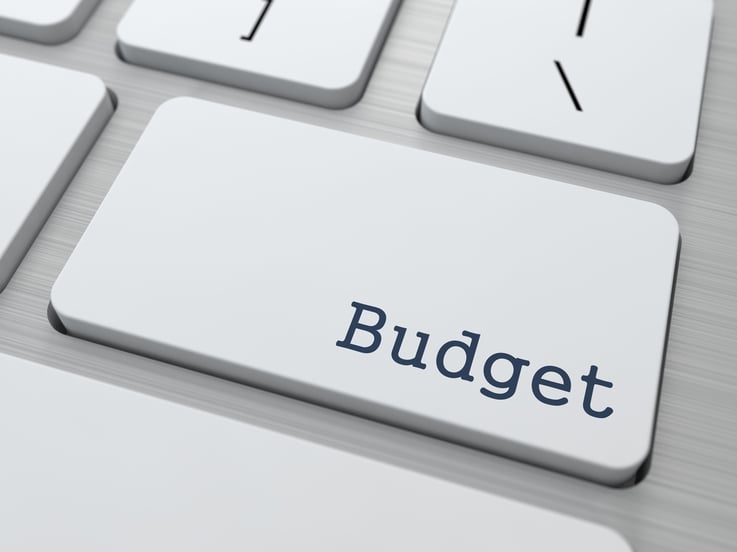 The health of your business depends on a budget. Starting a successful business depends on creating a solid business plan, identifying your target customer base, developing your marketing strategy, and, most importantly, establishing a business budget. Because your budget will play a key role in making sound financial decisions for your business, it should be one of the first tasks you tackle.
The health of your business depends on a budget. Starting a successful business depends on creating a solid business plan, identifying your target customer base, developing your marketing strategy, and, most importantly, establishing a business budget. Because your budget will play a key role in making sound financial decisions for your business, it should be one of the first tasks you tackle.
What Is A Business Budget?
A business budget is a detailed plan that outlines your finances' current state (including income and expenses) and your long-term financial goals. A well-developed business budget will help you track all your business expenses, plan for the future, economize when you need to, plan for growth, and make a profit.
Experts agree that the best business budgets are flexible and straightforward. Should circumstances change, you must be able to adjust your budget to make sound financial decisions to meet the challenges that will come your way. Think of your budget as a road map that keeps you on course to success.
A Business Budget Can Help Your Business By:
- · Making it more efficient.
- · Predicting slow months and keeping you out of debt.
- · Estimating what it will take to become profitable.
- · Providing a window into the future.
- · Determining leftover funds that you can reinvest.
- · Helping you keep control of the business.
Creating a business budget will make it easier to run your business. A business budget can also help ensure you stay out of debt by spending money in the right places and at the right time.
How To Create A Business Budget
You don't have to be a CPA or have an MBA, and you don't have to do it all yourself. But whether you hire an expert or do it yourself, you need to know your numbers. There are many tools and templates you can use to build your budget.
The essential components of a business budget include income, fixed expenses, variable expenses, discretionary expenses, and personal financial goals. Here is a six-step guide to creating your business budget.
- Examine your revenue
- Subtract fixed costs
- Determine your variable expenses
- Set aside a fund for unexpected costs
- Create a profit and loss statement
- Outline a forward-looking business budget
As a business owner, the work of creating your budget will ultimately make your life easier.
If you need cash to grow your business, Quikstone Capital can help.
Since 2005, Quikstone Capital Solutions has provided thousands of merchants with easy, fast, and flexible working capital for all their business needs.
A cash advance from Quikstone is not a loan; it's a purchase of a small portion of your future credit card sales. There's a simple one-page application, and no collateral is needed. If you process credit cards, you could qualify for as much as $250,000. Use that funding to add new technology, buy equipment, make improvements, increase inventory, and stabilize your cash flow.
Just fill out this simple form and get started with a no-cost or obligation consultation.





